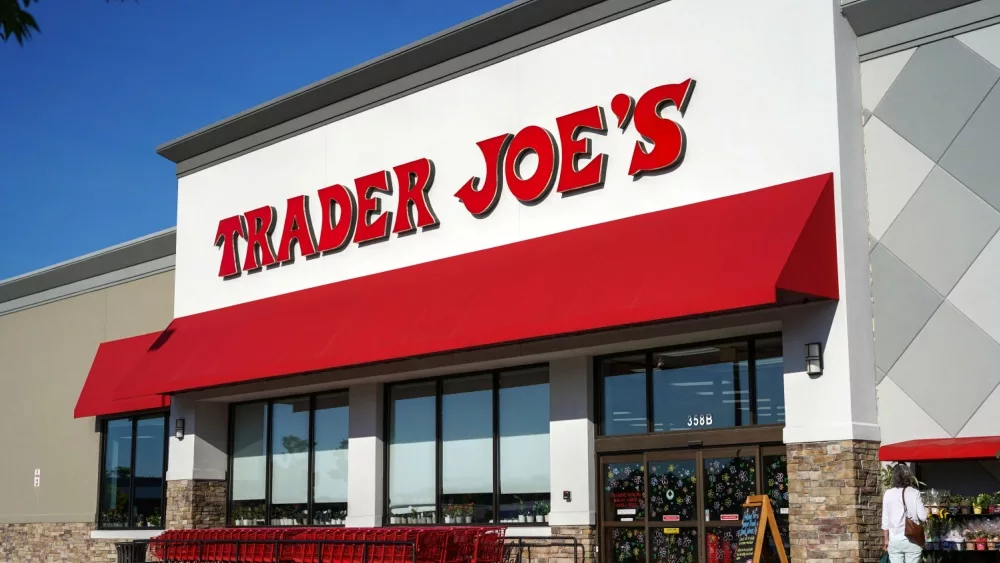The Kansas Department of Health and Environment (KDHE) said this week that at least 338 Kansas residents died of drug overdoses between January 1st and June 30th, 2021, based on current estimates. That marks a 54% increase from the 220 deaths during that same timeframe in 2020.
The KDHE is continuing to highlight the importance of overdose prevention resources and education amid this increase.
This data was collected by the State Unintentional Drug Overdose Reporting System (SUDORS). SUDORS collects information regarding unintentional and undetermined intent drug overdose deaths. It combines various data sources, including death certificates, medical examiner and coroner reports, and law enforcement reports to provide insight into circumstances surrounding overdose deaths. SUDORS is administered by the Centers for Disease Control and Prevention and more information can be found on their website.
Of the provisional 338 deaths, 149 involved fentanyl or fentanyl analogs, 149 involved methamphetamine and 40 involved other licit and illicit drugs, such as cocaine, benzodiazepines and prescription opioids. More than one drug can be involved in a fatal drug overdose, so these values are not mutually exclusive.
Fentanyl continues to drive the uptick in fatal drug overdoses in Kansas. This is largely attributed to increased availability, accessibility and use of illegally manufactured fentanyl statewide. Fentanyl is a powerful synthetic opioid that is often combined with other drugs, such as heroin and cocaine, or used as a standalone drug. Due to its potency, fentanyl-involved overdoses have a fast onset and may be difficult to reverse.
There are several resources available to prevent drug overdoses. Those in need of help can call Kansas’s SUD hotline at 866-645-8216 or visit FindTreatment.gov to locate treatment services. You can also visit PreventOverdoseKS.org for more information and resources.






